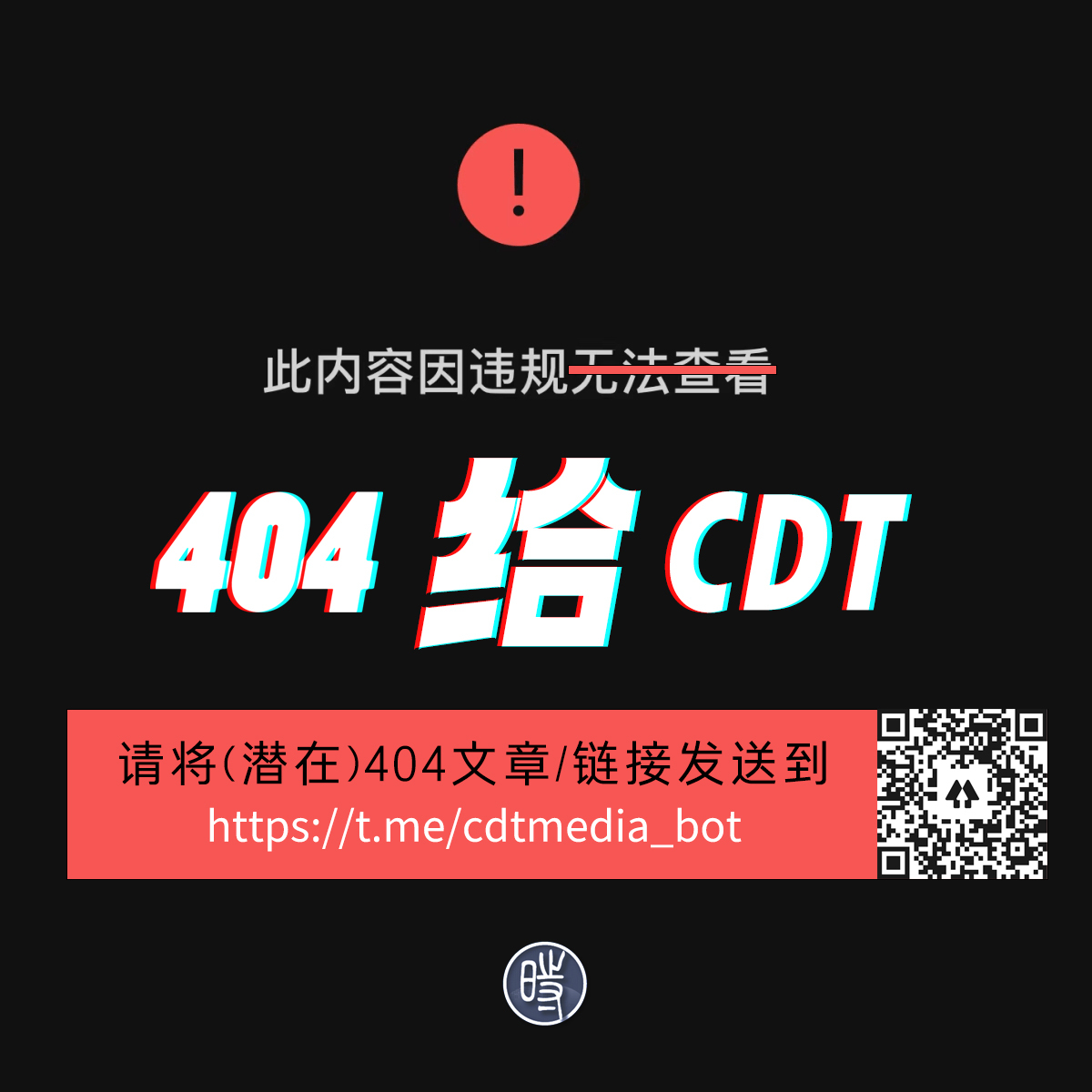Hackers,
bloggers and professors team up to tap into blocked microblog content
|
Global Times | 2013-7-28 19:13:01 |
With
over 500 million registered users and over 46 million daily active users, Sina
Weibo is the largest and most influential social media platform in China. It
has also become known as a fostering ground for discussions with a more liberal
slant.
But what is not allowed to be discussed on Weibo perhaps says just as much as
what can be. There are a number of projects that aim to uncover content blocked
on Weibo. Most of the people behind such efforts are China watchers based
overseas or foreigners living in China. While they may have different
approaches and backgrounds, their efforts are successful in bringing this
vanished content back to light.
One such project, Freeweibo.com, won the 2013 Bobs, or Best of the Blogs
awards, for best innovation in June. The Bobs awards, started by Deutsche Welle
in 2004, are given out in 34 categories in 14 languages, and aim to honor the
open exchange of ideas of free expression.
Hu Yong, a professor at Peking University and a new media observer, served as a
juror at the awards. He commented that Freeweibo preserves digital memories and
makes disappeared content visible again, according to the official website of
the Bobs.
Alternative Weibo universe
Launched
on October 10, 2012, Freeweibo retrieves data automatically from Weibo to
provide “uncensored and anonymous Sina Weibo searches.”
“We ignore relevant laws, legislation and policy,” the welcome
message on the website reads, a response to the expression Weibo and Chinese
search engines use to explain why searches for certain words come back
empty.
The website, in both English and Chinese, displays posts that are blocked or
deleted on Sina Weibo. When searching for keywords, Freeweibo breaks search
results down to “blocked by Sina Weibo” and “official search
results,” which allows users to see which search results are missing from
the official Weibo.
Freeweibo has around 10,000 unique visitors per day, with most coming from
China, including Taiwan, based on the language setting, according to Percy
Alpha, the pseudonym used by one of the founders.
A week after the website went live, it was blocked on the mainland. But the
creators of the website have also been trying to provide mirror sites that are
accessible without a VPN.
From the list of blocked keywords provided on the website, it is also clear
when some words become sensitive and when such scrutiny is lifted.
For instance, the name of Bo Xilai, former Party chief of Chongqing who was
recently prosecuted on corruption charges, was banned from searches until July
25, the day the news of his prosecution was announced.
Meet the founders
The
same team also founded Greatfire.org back in 2011, a website that enables
real-time testing of what is being blocked by the Great Firewall of China
(GFW). URLs being tested are added by users or are imported from other similar
projects. At the moment, the website monitors over 10,000 websites regularly to
see if they are blocked and then analyzes precise methods of online monitoring
such as connection resets, DNS poisonings and so on, explained Percy
Alpha.
The website also provides an up-to-date database of URLs and keywords that are
blocked.
Greatfire is also blocked in the mainland. Test data collected by the website
clearly showed a 6-month gap between when its Chinese version was blocked and
then the English.
The founders of the two websites have remained anonymous but one of the three
is an American in China who goes by the alias Martin Johnson.
Percy Alpha would only say in an e-mail interview that he lived in China for a
long time and is now based in the US. He said they are collaborating with other
organizations and developers, though he wouldn't disclose the nature of the
organizations they are working with or give further details about their
collaboration.
According to their own introduction on Greatfire, they are self-financed but
are exploring ways to “make the website a financially sustaining
entity.”
Percy Alpha said that what pushed him over the edge and made him start the
project was the Google China dispute in 2010. Google refused to comply with
China's regulations to filter search terms and later moved its Google China
servers to Hong Kong.
Not long after that, search for individual characters, mostly those contained
in Chinese leaders' names, were also blocked even when they are frequently used
in other phrases and expressions.
“Chinese people in general know
very little about censorship,” Percy Alpha told the Global Times. He
said that when he talked to Chinese people about the Google withdrawal from the
mainland and searches being blocked, he found that most didn't seem to care and
repeated the official line that censorship is just and necessary.
China's regulation on Internet
information lists nine types of banned content, most of which concerns national
security, state unity, rumors, pornography and violence. But in practice it
isn't always clear where the line is and in the event of a breaking incident,
certain words or phrases that are otherwise normal might become sensitive for a
period of time.
Data provided by Greatfire has been used by other researchers to get to grips
with Internet restrictions. In May, for instance, two professors from
Northwestern University in the US used its data to study how the GFW affects
users' online behavior.
Percy Alpha says the team is also developing easy tools that allow people to
access free Internet and to make information available in China.
Zhang Zhi'an, an associate professor in new media at Sun Yat-sen University,
said plenty of Chinese scholars also observe and study Weibo regulation. He
acknowledged it might be easier for researchers overseas as they are not
restricted by the GFW and take less risks when doing so.
“I don't know about their motives, but by presenting this blocked
information, they allow more people to know about Internet regulation in China
and provide data for other scholars who might be interested in studying China's
Internet monitoring,” he said.
Academic support
Their
team isn't the first or the only one watching the censors and collecting data
about blocked content. Many individual or academic efforts are also being made
to take a closer look at how China's Internet and social media operate.
Oftentimes, such projects inspire each other and even use each other's
data.
For example, Freeweibo was inspired by and uses data from WeiboScope, a data
collection and visualization system developed by the Journalism and Media
Studies Center of the University of Hong Kong in 2011.
WeiboScope uses API tools provided by Weibo to retrieve posts from 350,000
users at set time intervals to show how posts are diffused and censored. People
can also search for the most reposted microblogs with images within the past 24
hours or search for specific keywords in several languages. This allows people
to get a real-time idea of trending topics on Weibo, without online
monitoring.
With this tool, researchers at the school are able to assess online monitoring
on Weibo and the impact of policies such as the real-name registration policy
enacted last year that requires microbloggers to register with their real
identity.
The web page for WeiboScope is also not accessible in the mainland.
Another project centered in academia is China Digital Times, a bilingual news
website that brings “uncensored news and online voices from China to the
world.” It is supported by the Counter-Power Lab at the School of
Information, University of California, Berkeley. Both the Chinese and English
websites are blocked.
Since 2011, it started a research project that aims to construct a database of
sensitive Weibo search keywords. It's an open source project where Web users
could pitch in.
Xiao Qiang, the founder and editor-in-chief of China Digital Times, is an
adjunct professor at UC Berkeley. He was a theoretical physicist by training
and later became a human rights activist.
Other efforts
One
of the few projects that remains accessible in the mainland is a Tumblr page
called Blocked on Weibo, which documents words blocked on Sina Weibo and also
offers contexts and explanations for the bans. The creator of the blog is Jason
Q. Ng, a 2013 Google Policy Fellow at the University of Toronto's Citizen
Lab.
Ng uses a different approach. He developed an automated process to check
individual words to see whether they are blocked or not. He tested 700,000
Chinese Wikipedia titles in early 2012. The script performed searches on Weibo
for three months and recorded whether they were censored. He collected over 150
terms and explained why they were sensitive in a book also entitled Blocked on
Weibo which will be published next month.
Ng, a US citizen and a graduate student in East Asian Studies at the University
of Pittsburgh, said he didn't have a background in computer science prior to
this project.
He said he doesn't have an agenda with Blocked on Weibo, and that it's a
“fun little challenge” for him as “coding is akin to solving a
puzzle, solving little pieces at a time.”
In his past career as a book editor, Ng worked on a book about China Central
Television and developed an interest for how media works in China, he
explained.
Ng wrote on his blog that he hopes his site “proves the resourcefulness
and resiliency of Chinese netizens as well as the sense of responsibility that
Chinese leaders (in the government and in private organizations) have for
shepherding the country forward. You could even claim that the CCP [CPC] cares
too much for its citizens.”
Ng explained he meant no sarcasm by this. “Even though I don't agree with
such a sentiment, I think it is part of a argument that needs to be
legitimately considered in order for those outside China to begin understanding
why such restrictions are in place in China,” he said.
本文由自动聚合程序取自网络,内容和观点不代表数字时代立场










